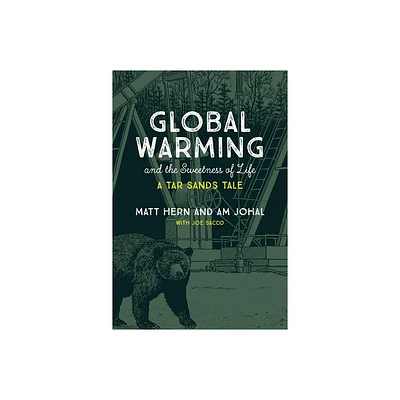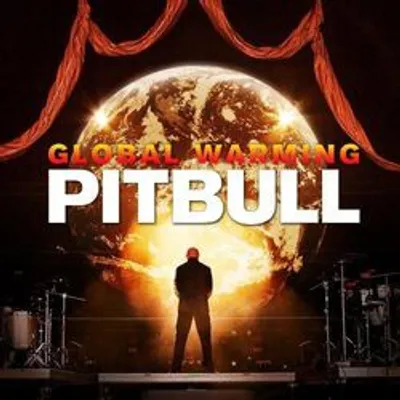Home
Global Warming and the Sweetness of Life: A Tar Sands Tale
Loading Inventory...
Barnes and Noble
Global Warming and the Sweetness of Life: A Tar Sands Tale
Current price: $30.00


Barnes and Noble
Global Warming and the Sweetness of Life: A Tar Sands Tale
Current price: $30.00
Loading Inventory...
Size: OS
*Product Information may vary - to confirm product availability, pricing, and additional information please contact Barnes and Noble
Seeking new definitions of ecology in the tar sands of northern Alberta and searching for the sweetness of life in the face of planetary crises.
Confounded by global warming and in search of an affirmative politics that links ecology with social change, Matt Hern and Am Johal set off on a series of road trips to the tar sands of northern Alberta—perhaps the world's largest industrial site, dedicated to the dirty work of extracting oil from Alberta's vast reserves. Traveling from culturally liberal, self-consciously “green” Vancouver, and aware that our well-meaning performances of recycling and climate-justice marching are accompanied by constant driving, flying, heating, and fossil-fuel consumption, Hern and Johal want to talk to people whose lives and fortunes depend on or are imperiled by extraction. They are seeking new definitions of ecology built on a renovated politics of land. Traveling with them is their friend Joe Sacco—infamous journalist and cartoonist, teller of complex stories from Gaza to Paris—who contributes illustrations and insights and a chapter-length comic about the contradictions of life in an oil town. The epic scale of the ecological horror is captured through an series of stunning color photos by award-winning aerial photographer Louis Helbig.
Seamlessly combining travelogue, sophisticated political analysis, and ecological theory, speaking both to local residents and to leading scholars, the authors propose a new understanding of ecology that links the domination of the other-than-human world to the domination of humans by humans. They argue that any definition of ecology has to start with decolonization and that confronting global warming requires a politics that speaks to a different way of being in the world—a reconstituted understanding of the sweetness of life.
Published with the help of funding from Furthermore: a program of the J. M. Kaplan fund
Confounded by global warming and in search of an affirmative politics that links ecology with social change, Matt Hern and Am Johal set off on a series of road trips to the tar sands of northern Alberta—perhaps the world's largest industrial site, dedicated to the dirty work of extracting oil from Alberta's vast reserves. Traveling from culturally liberal, self-consciously “green” Vancouver, and aware that our well-meaning performances of recycling and climate-justice marching are accompanied by constant driving, flying, heating, and fossil-fuel consumption, Hern and Johal want to talk to people whose lives and fortunes depend on or are imperiled by extraction. They are seeking new definitions of ecology built on a renovated politics of land. Traveling with them is their friend Joe Sacco—infamous journalist and cartoonist, teller of complex stories from Gaza to Paris—who contributes illustrations and insights and a chapter-length comic about the contradictions of life in an oil town. The epic scale of the ecological horror is captured through an series of stunning color photos by award-winning aerial photographer Louis Helbig.
Seamlessly combining travelogue, sophisticated political analysis, and ecological theory, speaking both to local residents and to leading scholars, the authors propose a new understanding of ecology that links the domination of the other-than-human world to the domination of humans by humans. They argue that any definition of ecology has to start with decolonization and that confronting global warming requires a politics that speaks to a different way of being in the world—a reconstituted understanding of the sweetness of life.
Published with the help of funding from Furthermore: a program of the J. M. Kaplan fund


















